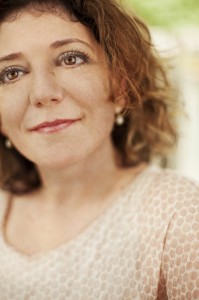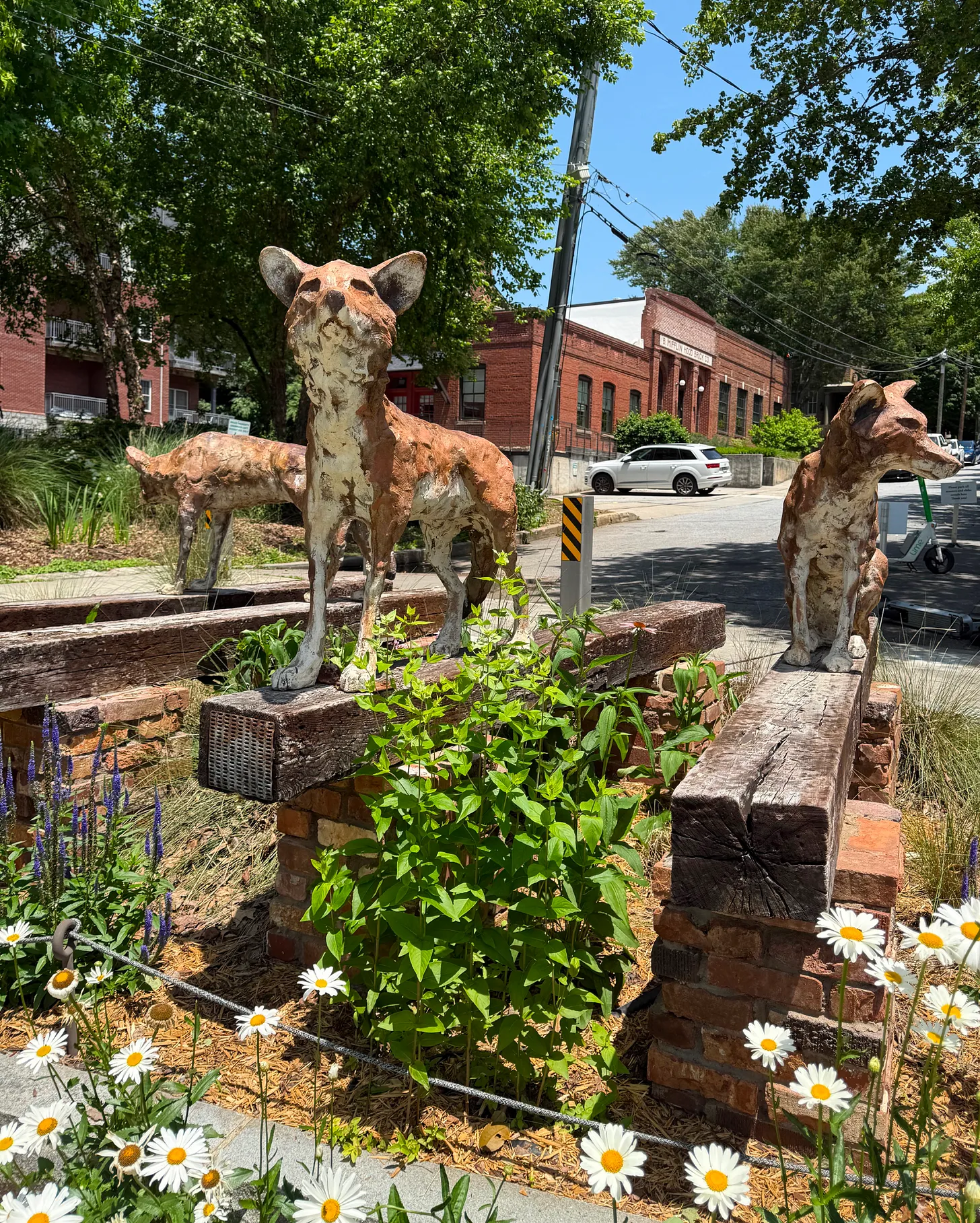Katie Steedly’s first-person piece [The Unspeakable Gift] is a riveting retelling of her participation in a National Institutes of Health study that aided her quest to come to grips with her life of living with a rare genetic disorder. Her writing is superb.
In recognition of receiving the Dateline Award for the Washingtonian Magazine essay, The Unspeakable Gift.
Enter your email here to receive Weekly Wide-Awake
Grant Use

Feeding the Good Wolf
“A grandfather is speaking with his grandson. He tells his grandson, ‘I have these two wolves always fighting within me. There is a good wolf, full of kindness, and generosity, and gratitude, and compassion, and then a bad wolf, full of anger, and jealousy, and resentment, and they are always fighting each other.’ The grandson asks him, ‘Well grandfather, which wolf wins?’ and the grandfather says, ‘It is the one that I feed’ “— A Navajo tale retold by Ferial Pearson
I interviewed people about gratitude a few years ago. One of those conversations was with Dr. Ferial Pearson, a faculty member at the University of Nebraska Omaha and founder of the Secrets Kindness Agents [a group established to promote acts of kindness within schools and communities.] During our conversation, she explained she tells her students about feeding the good wolf and describes acts of kindness as feeding the good wolf.
That tale stuck with me. I was reminded of it when Canis Rufus — the public art sculpture depicting red wolves — was installed behind our house.
This grant will allow me to feed the good wolf.
In the tale, the grandfather instructs his grandson to pay attention to the wolf he feeds, as the wolf he feeds wins. (We choose which wolf to feed.) My intention for this project is to feed the good wolf. Feeding the Good Wolf involves sharing the B. Mifflin Hood Brick Factory story, strengthening the connection between art, history, and activism, and creating the conditions for imagination, compassion, and justice.
Sharing the B. Mifflin Hood Story
B. Mifflin Hood was a Southern Progressive. (I did not even know there was such a thing as a Southern Progressive before beginning this work.) I am the academic descendent of Progressive scholars. It am steeped in the possibility of education toward social justice, social structures that support a common good, and the idea that a moral imperative exists to imagine, create, and build a better world. That means finding examples of justice-seeking, courage, and artistry, telling the stories of people who live lives committed to those values and ideals, and building communities around those tenets.
Strengthening the connection between art, history, and activism
I have advocated for the arts my entire career. As a writer, teacher, and applied researcher, I understand the power of the arts and seek to situate them within the broader conversation about what it means to be human, how we create safe, just, and loving spaces, and how we pay attention to the beauty that manifests in our everyday lives. The B. Mifflin Hood Factory building is evidence of a past, present, and future informed by the arts. It is a living social experiment in structure, creativity, and resistance.
Creating the conditions for imagination, compassion, and justice
Maxine Greene suggests imagination makes empathy possible. I agree with her completely. To make empathy possible is the challenge we face as writers and as people who care about our world. Our world thirsts for imagination. Our world weeps and struggles to see a better beyond. Our world needs evidence of miracles and joy, love letters to a burning world, odes to stardust and scar tissue, and healing at the molecular level. All that is a heavy lift.
An Applied Researcher’s Promise
In my best applied researcher’s voice, standing on the shoulders of all those from whom I learned about love and humanity over the years, seeking to use my knowledge, skill, and ability for the greater good, I pledge to use this grant to inform, build, and create. I pledge to pay attention to the story of the B. Mifflin Hood Factory and tell it in a way that honors the lives lost and saved by Hood’s stance against convict leasing. I pledge to carry forward the commitment Laura Adams and Andrew Feiler live toward the principles of conversation, preservation, beauty, and justice. In welcoming my questions, their support made this project possible.
About Katie

From Louisville. Live in Atlanta. Curious by nature. Researcher by education. Writer by practice. Grateful heart by desire.
Buy the Book!
The Stage Is On Fire, a memoir about hope and change, reasons for voyaging, and dreams burning down can be purchased on Amazon.





